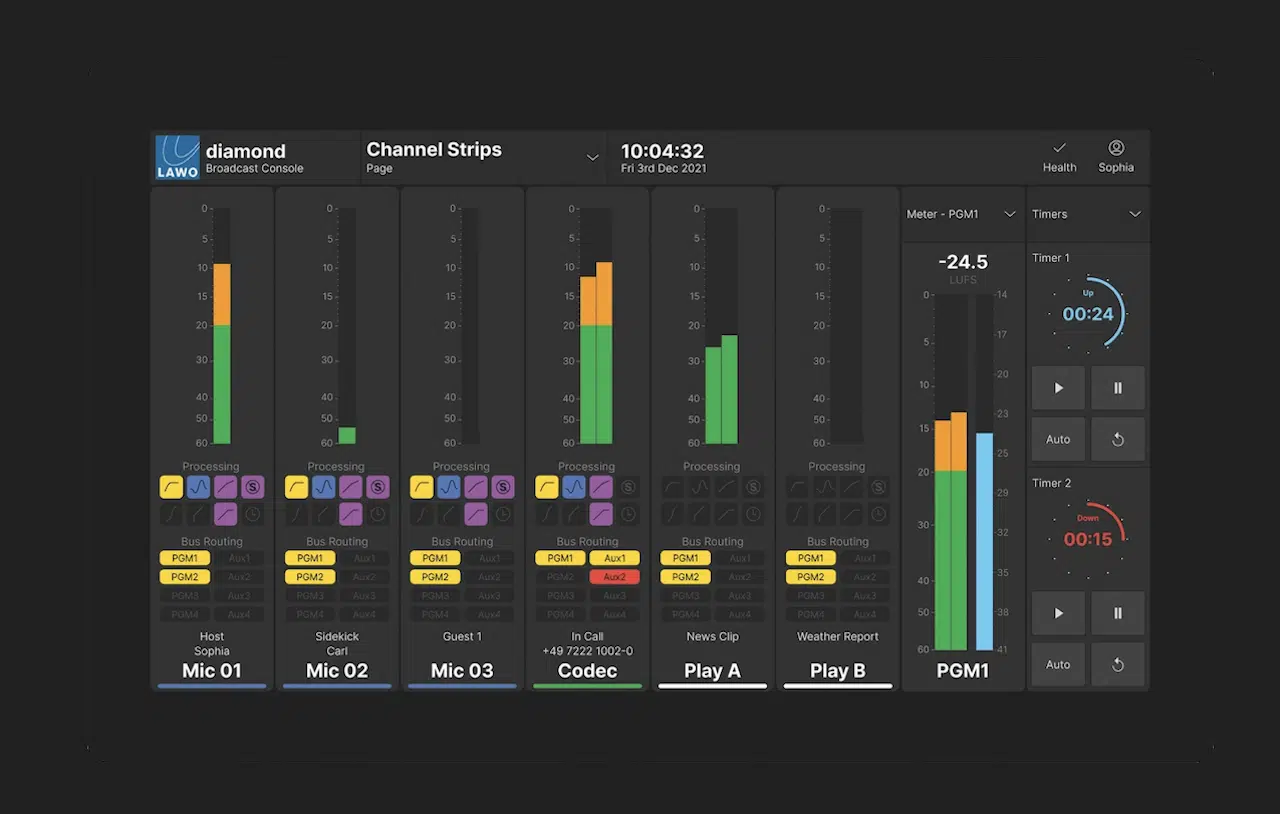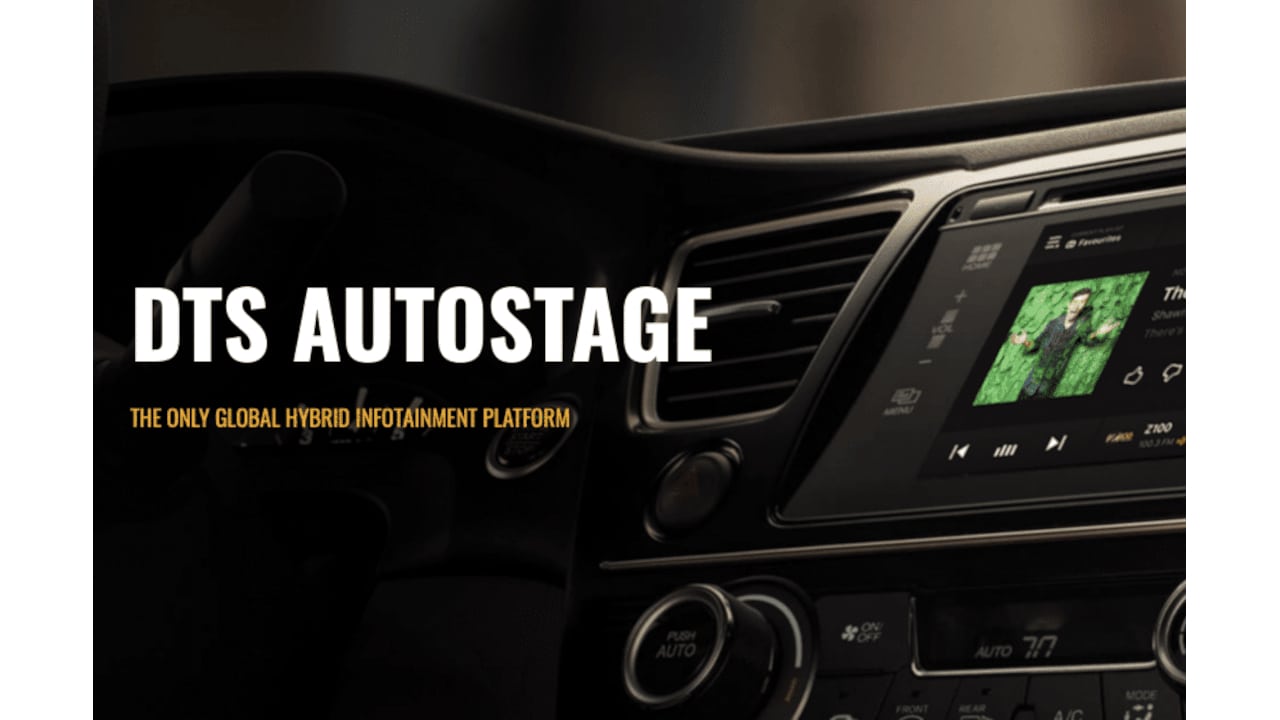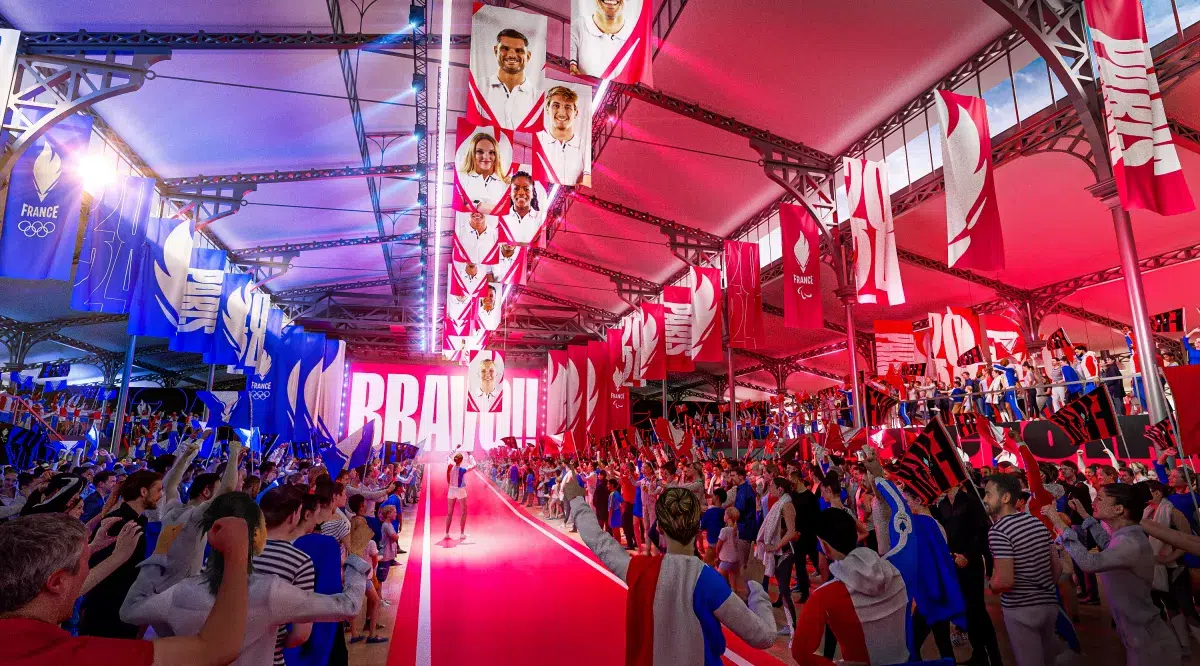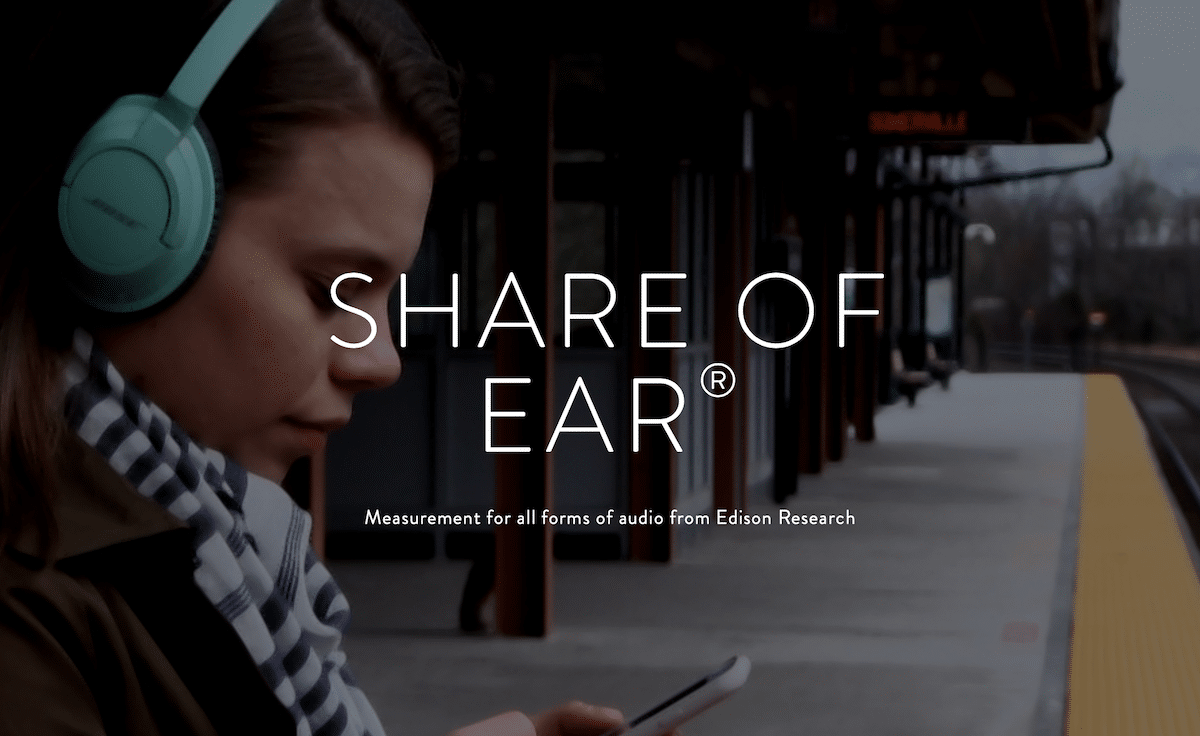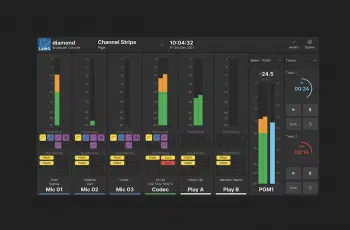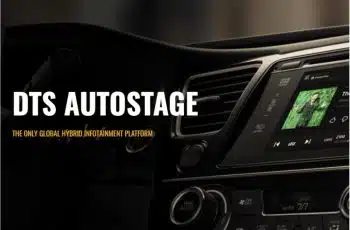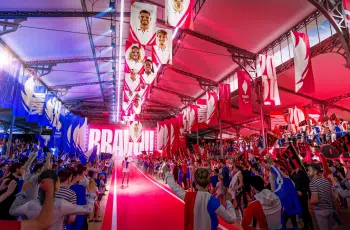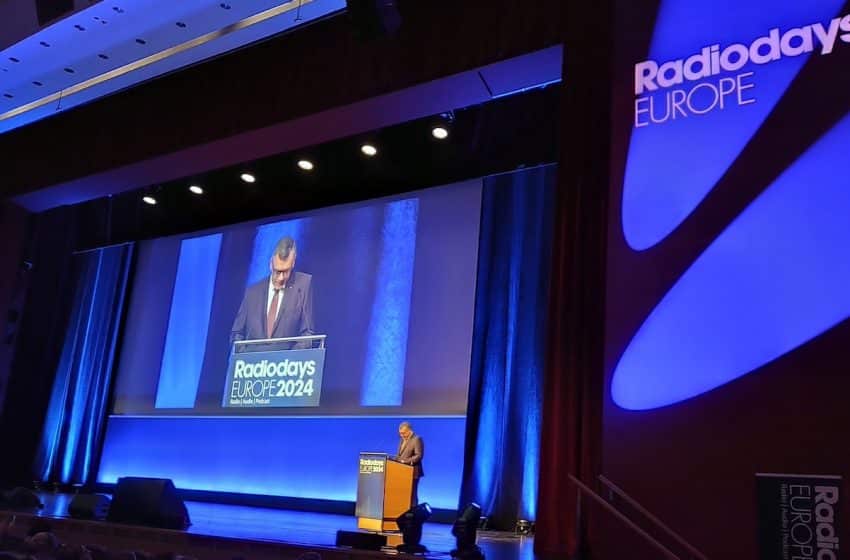
Radiodays Europe opened the doors of its 2024 edition at the Munich Trade Fair Center on March 17. Nearly 70 sessions covered diverse topics from the radio industry; one carried a sense of urgency. In-car listening is crucial for the future of radio, so a clear warning emerged for all the industry stakeholders: radio has lost its physical appearance in modern cars.
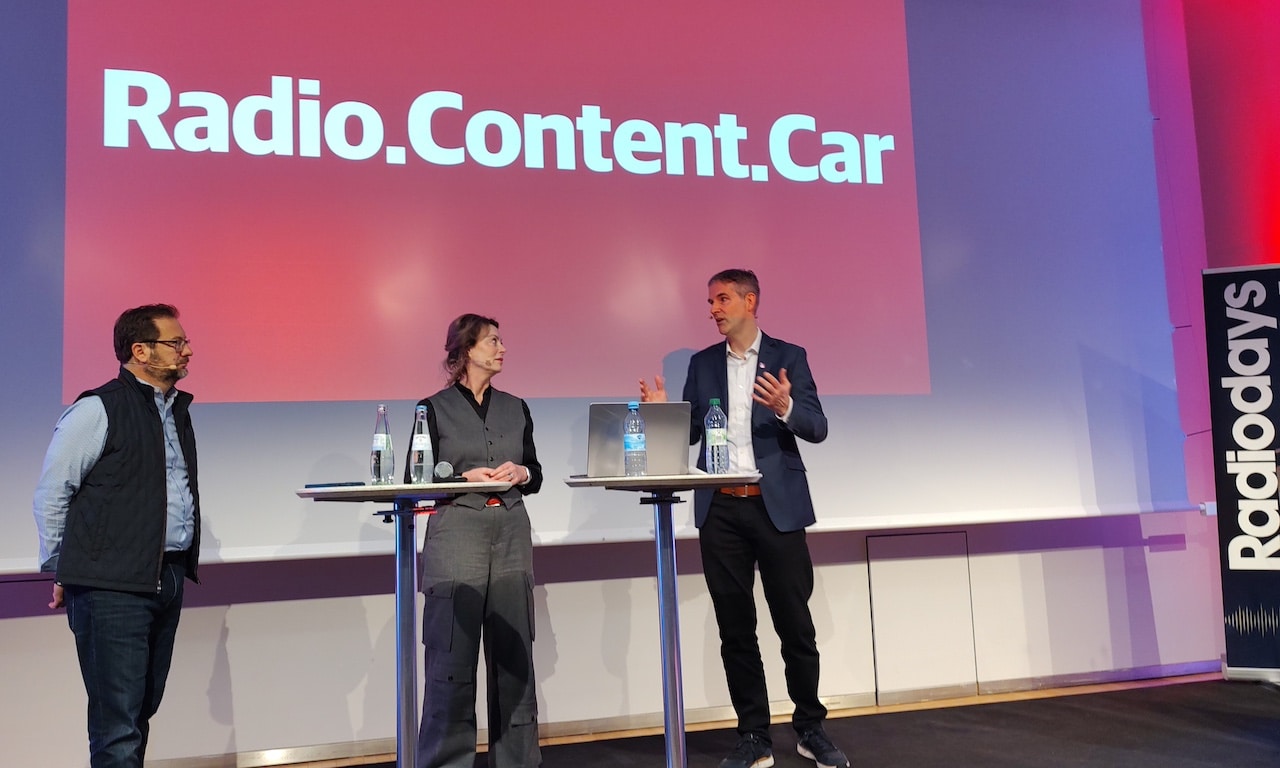
It is still there, but not as a clearly visible device. In addition, some car manufacturers are discouraging access to radio by hiding the broadcasts behind an unpractical number of menu screens or making access to paid services more clearly identifiable and thereby easier to use. WorldDAB President Jacqueline Bierhorst said, “We are on the barricades to keep radio prominent in the car. But if we don’t look good, they will take somebody else.”
Every car-related session at RDE24 highlighted how delegates believe a physical “radio” button on every dashboard is critical to securing radio’s prominence in cars. To this purpose, the entire radio industry must act as a single entity, pushing car manufacturers to keep a physical radio switch in their models.
We are on the barricades to keep radio prominent in the car. But if we don’t look good, they will take somebody else
WorldDAB President Jacqueline Bierhorst
Radio is being prompted to carefully consider its look and feel by competition from other media sources; to this end, metadata is critical. “Metadata is the lifeblood for radio in the car,” summarized Laurence Harrison, director of automotive partnerships at Radioplayer Worldwide. Joe D’Angelo, senior vice president of broadcast radio and digital audio at Xperi, pointed out how technology already deployed in radio stations could be an excellent metadata source. “For example, RCS Zetta can structure and offload metadata for a variety of platforms,” he said.
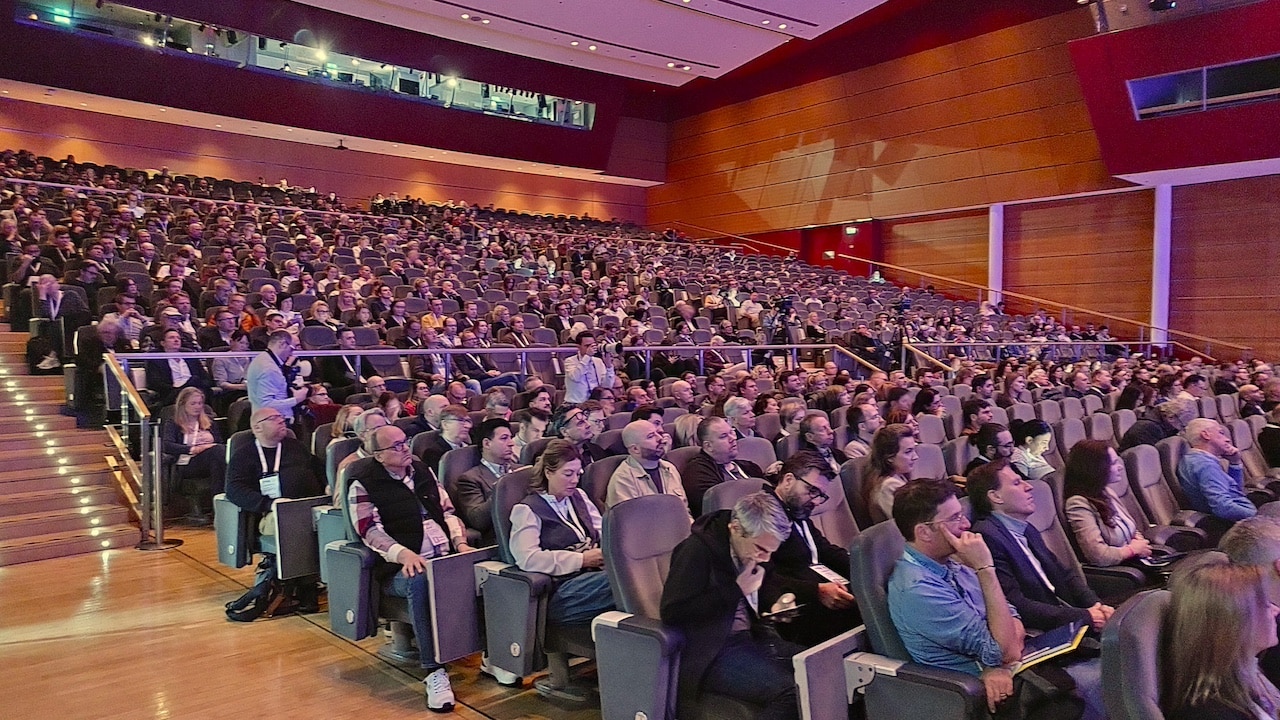
At RDE24, we learned how the BBC is tackling online disinformation. Marianna Spring, the BBC’s first social media and disinformation correspondent, hosts the podcast Marianna in Conspiracyland. In a vivid session, Spring spoke about her reports on disinformation in the U.S. elections, the pandemic, the Israel-Gaza conflict, and her interview with the editor of a U.K. conspiracy newspaper.
Targeting the future of radio with a focus on the family, Alexandra Daskalopoulos, CEO of Frontstage Entertainment, spoke about the need to teach children to know and love radio. Frontstage launched Kids Radio, the first radio station for children in Greece. It gained popularity through a strategy of running dedicated live events where kids and families could join in. Kids Radio turned a profit within 12 months of launch.
RDE24 attendance figures are not yet available, but event organizers expected more than 1,500 people from about 65 countries.
These stories might interest you
Xperi secures the in-car audio experience for radio broadcaster



